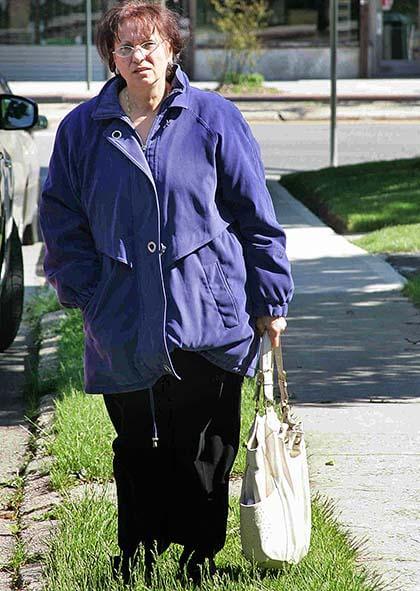BY EVELYN CHENG
A Manhattan jury found a Harlem man guilty of possessing and intending to sell crack cocaine last week despite questions raised about the Queens lab worker who tested the purported narcotics.
Kasien Adderley, 28, was arrested in February 2010 in a suspected drug operation on West 111th Street and was tried in New York Supreme Court on the drug charges.
Officer Lonnie Brown of the 28th Precinct testified in court that an informant told Officer Neil Lawson that a 16-year-old handed Adderley a bag containing small objects Feb. 6, 2010, at about 11 p.m. on 111th Street. The two then sold the bag for cash to two unidentified individuals, according to the criminal complaint.
The teen threw the bag, which contained eight rocks of crack cocaine, to the ground and the items were recovered by Lawson, Brown told the court. Darius Wadia, Adderley’s attorney, contended that the case was compromised because of the questionable performance of Mariem Megalla, who first tested the rocks and concluded they were crack cocaine.
Megalla, 58, has been working as a chemist at the NYPD forensics lab in Jamaica since 1986. She was suspended in May 2010 when allegations were raised that she had made errors in the testing of illegal substances for the NYPD, according to police documents that cite her for violations.
Wadia challenged the accuracy of Megalla’s lab report that the eight rocks found on 111th Street were crack cocaine.
“Without this evidence, there is no case,” Wadia said.
Internal police memos provided by the defense show that Megalla slacked off on her tests of supposed narcotic material, which created uncertainty about the admissibility of the evidence. Wadia had been given the memos by the case’s prosecutor, Assistant District Attorney Germaine Corprew.
Although the Queens district attorney’s office met with Megalla a few times following the allegations last year, the office did not bring any charges against her and she soon resumed her job, Megalla’s lawyer, Benjamin Lieberman said.
“There were no charges, never did anything wrong,” Lieberman said.
Megalla declined to comment about the case.
But what were believed to be errors Megalla committed caused a massive, time-consuming retesting of substances she had handled, involving cases from June 11, 2007, to May 3, 2010, according to a police source
In one instance, 748 mg of crack cocaine allegedly in Adderley’s possession had to be retested, Wadia said. During the retesting process a chemist found there were only 520 mg of the confiscated substance, 180 mg less than what Megalla had reported.
Although Wadia said there is no scientific basis for the smaller figure, police chemist Anthony Chiusano said in court that more than 100 mg could have been lost in the original testing process.
Wadia had hoped to use Megalla’s suspected mistakes and suspension from work to render the evidence inadmissible in Adderly’s trial, but Manhattan Supreme Court Justice Ruth Pickholtz did not see the evidence as inadmissible and had the case continue.
“We are not relying in any way on the material provided by Ms. Megalla,” Corprew said in court. “Megalla has been suspended by the NYPD lab.”
Adderley was ultimately found guilty by a jury July 5, following a four-day trial, of a class B felony, which could mean up to 25 years of imprisonment. The sentencing date has been set for July 19, the Manhattan DA’s office said.
In the meantime, the police were taking a closer look at Megalla’s work.
“So far the NYPD and our review have not resulted in the dismissal or reduction of any charges,” said Kati Cornell, spokeswoman for the office of the special narcotics prosecutor for the city.
Reach reporter Evelyn Cheng by phone at 718-260-4524.



































